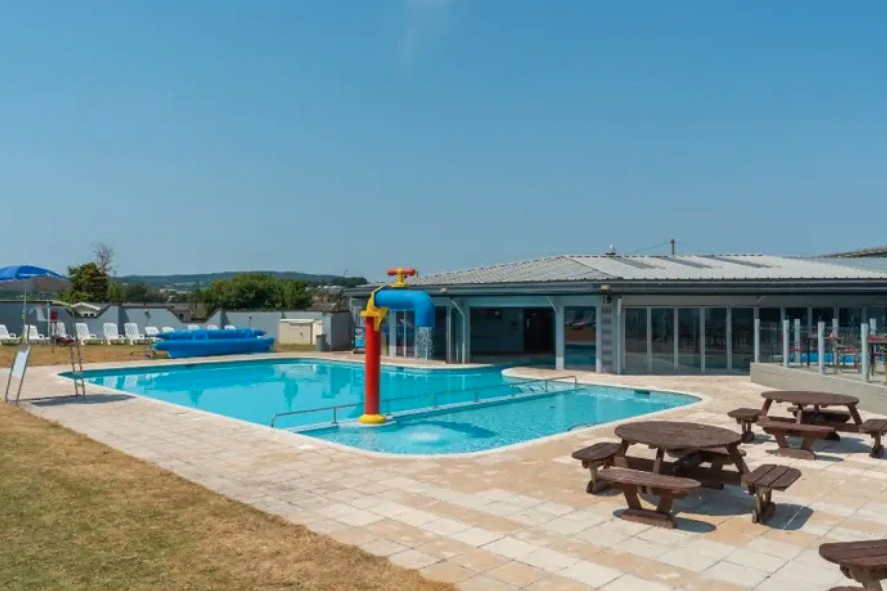Richard White, the billionaire co-founder of Australia’s largest listed technology company WiseTech Global, has stepped down as chief executive after a series of revelations about his personal life wiped more than 20 per cent off the value of the logistics software group.
WiseTech shares hit a record high in September, valuing the company at A$45bn (US$30bn), as White’s vision to build “the operating system of global logistics” gathered pace.
Then a legal dispute with a former girlfriend over an unpaid furniture bill relating to a multimillion-dollar Sydney home he had bought for her to live in before their relationship ended triggered a string of reports about his private life.
The reports were initially dismissed by the board as a private matter, and the legal case was settled this week. However, further stories about relationships with multiple other women, including an employee, and related property purchases emerged.
A complaint from a former board member about bullying behaviour was also published this week and piled further pressure on White and the board.
The stock fell a further 6 per cent on Thursday, reducing its market capitalisation to A$33bn. Its value has fallen more than 20 per cent in the past week.
“It has been a challenging time for me personally, my family and close friends, and for the company that I have built and truly love,” White said in a statement on Thursday.
WiseTech’s board said he was putting the company and shareholders first in stepping down as CEO. It added he would take a short period of leave before returning to take on a “full-time, long-term consulting role, focused on product and business development”.
White, also chair of the Tech Council of Australia, denied any wrongdoing in meetings with the board this week. WiseTech has instigated a review to be conducted by law firms Herbert Smith Freehills and Seyfarth Shaw.
The tech group celebrated its 30-year anniversary this month, but celebrations at the company’s headquarters in Sydney’s industrial south on Thursday were restrained.
That was in stark contrast to the company’s A$1bn listing on the ASX in 2016 when White took to the stage with hard rock band The Angels to play guitar along to an anti-establishment anthem “Who Rings the Bell?” at a company party.
White founded his first business in the late 1970s when he set up a guitar repair shop in Sydney. His most famous customers were Angus and Malcolm Young of AC/DC, whom he met while gigging on the pub scene.
He co-founded WiseTech in 1994 and presided over three decades of growth as the global ecommerce market boomed.
The Australian company has acquired 50 smaller rivals to expand geographically and into areas including rail and truck freight, customs and warehouse technology. It has built a global software business underpinning the systems of industry giants including DHL, FedEx, Kuehne + Nagel and DSV.
White’s fortune boomed alongside WiseTech’s valuation as he avoided the “land grab” strategy of other tech companies looking to expand globally by incurring heavy losses. WiseTech has never recorded an annual loss in its history, according to White.
Garry Sherriff, an analyst with RBC Capital Markets, said White stepping back was the right move. “We believe that the underlying growth drivers of the business remain intact and relieving White from his managerial responsibilities to focus on product development is a positive step forward in addressing governance issues without outright dismissal,” he said.
Andrew Cartledge, chief financial officer, has been named interim chief executive, with a global search for a permanent replacement beginning “soon”, according to the board.














































































































































































You must be logged in to post a comment Login